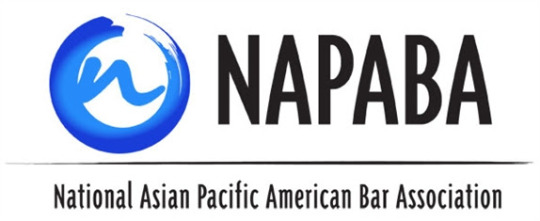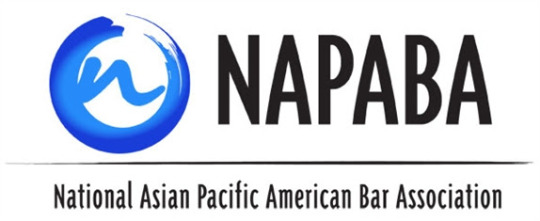
For Immediate Release
Dec. 20, 2017
WASHINGTON — Today, President Trump nominated Jill A. Otake to the United States District Court for the District of Hawaii. If confirmed, Otake will be the 21st active Asian Pacific American federal district judge and the third active Asian Pacific American judge serving in the District of Hawaii. The National Asian Pacific American Bar Association (NAPABA) applauds this decision.
“Jill Otake is a well-qualified and dedicated public servant who will ably serve on the U.S. District Court for the District of Hawaii,” said Pankit J. Doshi, president of NAPABA. “She is recognized for her skill as a prosecutor and as a longtime leader in the legal community. I urge the Senate to confirm her to the bench.”
Otake is the acting chief of the Special Crime Section in the U.S. Attorney’s Office for the District of Hawaii, having previously served as deputy chief since 2014. She spent nine years as an assistant U.S. attorney in the U.S. Attorney’s Office for the Western District of Washington. Prior to that she was a deputy prosecuting attorney in King County, Washington. Throughout her career, she has been recognized for her stellar work in the legal system, including awards and accolades by the Federal Bureau of Investigation, the Internal Revenue Service, and the Department of Justice.
She is a leader in her community, both in Hawaii and Washington. Otake is co-chair of the Hawaii State Bar Association’s Professionalism Committee and was a fellow of the bar’s Leadership Institute. Otake has served as co-president of the Asian American Bar Association of Washington — a NAPABA affiliate, as the judicial evaluations chair, and on the board of directors and chair of the Joint Asian Judicial Evaluations Committee in Washington. In addition to her service to the Asian Pacific American community, Otake has contributed to the advancement of women in the legal field and her community as a mentor for Hawaii Women Lawyers and volunteer attorney for Volunteer Legal Services Hawaii.
Otake serves as an instructor on issues related to trial practice. She was an instructor for the inaugural Hawaii Federal Trial Academy, sponsored by the U.S. District Court and the Federal Bar Association. She was an adjunct professor of trial advocacy at the Seattle University Law School and a speaker during the Hawaii Supreme Court’s Mandatory Bar Professionalism Course.
A graduate of the Iolani School in Honolulu, Hawaii, she received her degrees from Georgetown University and the University of Washington School of Law. She clerked for the Honorable Associate Justice Simeon R. Acoba, Jr., of the Supreme Court of Hawaii.
NAPABA thanks President Trump for nominating Jill A. Otake to the bench and Senators Mazie Hirono and Brian Schatz for recommending her to the White House. NAPABA recommended Otake earlier this year.
For more information, the media may contact Brett Schuster, NAPABA communications manager, 202-775-9555, bschuster@napaba.org.
The National Asian Pacific American Bar Association (NAPABA) is the national association of Asian Pacific American attorneys, judges, law professors, and law students. NAPABA represents the interests of almost 50,000 attorneys and over 80 national, state, and local Asian Pacific American bar associations. Its members include solo practitioners, large firm lawyers, corporate counsel, legal services and non-profit attorneys, and lawyers serving at all levels of government.
NAPABA continues to be a leader in addressing civil rights issues confronting Asian Pacific American communities. Through its national network of committees and affiliates, NAPABA provides a strong voice for increased diversity of the federal and state judiciaries, advocates for equal opportunity in the workplace, works to eliminate hate crimes and anti-immigrant sentiment, and promotes the professional development of people of color in the legal profession.
To learn more about NAPABA, visit www.napaba.org, like us on Facebook, and follow us on Twitter(@NAPABA).


